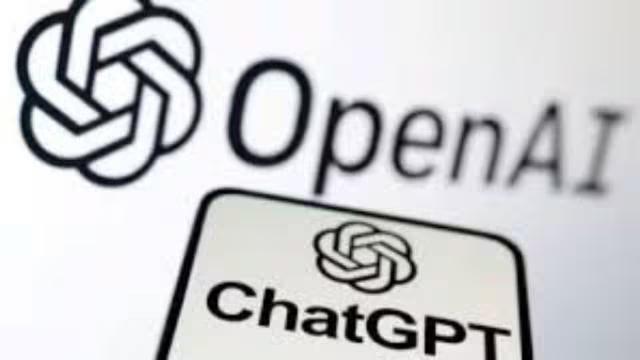
Microsoft Launches Phi-4 AI Models with Multimodal Capabilities
Artificial intelligence (AI) has come a long way in recent years, and its applications are becoming increasingly diverse. The latest development in the AI space comes from Microsoft, which has introduced two new AI models, Phi-4-Multimodal and Phi-4-Mini, designed to process speech, vision, and text simultaneously. These small language models (SLMs) are expected to revolutionize the way we interact with AI and have far-reaching implications across industries.
Phi-4-Multimodal: A Breakthrough in Multimodal Processing
Phi-4-Multimodal is the more advanced of the two models, capable of processing speech, vision, and text simultaneously. This means that it can comprehend and respond to multiple forms of input, making it an ideal solution for various applications, including customer service, language translation, and content creation. The model’s multimodal capabilities enable it to recognize and understand the context of a situation, allowing it to provide more accurate and relevant responses.
One of the key benefits of Phi-4-Multimodal is its ability to learn from and adapt to new situations. This is achieved through its advanced neural network architecture, which allows it to process and analyze vast amounts of data from various sources. This adaptability makes it an excellent choice for applications that require flexibility and precision, such as medical diagnosis, financial analysis, and cybersecurity.
Phi-4-Mini: A Compact Model for Text-Based Tasks
Phi-4-Mini, on the other hand, is a compact model that focuses on text-based tasks, such as reasoning, coding, and function calling. With a mere 3.8 billion parameters, Phi-4-Mini is significantly smaller than Phi-4-Multimodal, making it more suitable for resource-constrained environments. Despite its compact size, Phi-4-Mini is still capable of processing complex text-based tasks, making it an excellent choice for applications that require fast and accurate text processing, such as chatbots, virtual assistants, and language translation tools.
The Benefits of Phi-4 AI Models
The introduction of Phi-4 AI models has far-reaching implications for various industries, including healthcare, finance, education, and customer service. Some of the benefits of these models include:
- Improved accuracy: Phi-4 AI models are designed to process and analyze vast amounts of data from various sources, making them more accurate and reliable than traditional AI models.
- Increased flexibility: Phi-4 AI models are capable of adapting to new situations, making them ideal for applications that require flexibility and precision.
- Enhanced user experience: Phi-4 AI models can comprehend and respond to multiple forms of input, providing a more personalized and engaging user experience.
- Faster development time: Phi-4 AI models can be trained and deployed quickly, reducing the development time and costs associated with AI projects.
Industry Applications of Phi-4 AI Models
The Phi-4 AI models have the potential to transform various industries, including:
- Healthcare: Phi-4 AI models can be used to analyze medical images, diagnose diseases, and develop personalized treatment plans.
- Finance: Phi-4 AI models can be used to analyze financial data, predict market trends, and optimize investment portfolios.
- Education: Phi-4 AI models can be used to develop personalized learning plans, provide real-time feedback, and improve student outcomes.
- Customer Service: Phi-4 AI models can be used to provide 24/7 customer support, answer complex questions, and improve customer satisfaction.
Conclusion
Microsoft’s introduction of Phi-4 AI models is a significant development in the AI space, offering a new level of accuracy, flexibility, and user experience. These models have the potential to transform various industries and improve the way we live and work. As the technology continues to evolve, it will be exciting to see the new applications and innovations that emerge.






